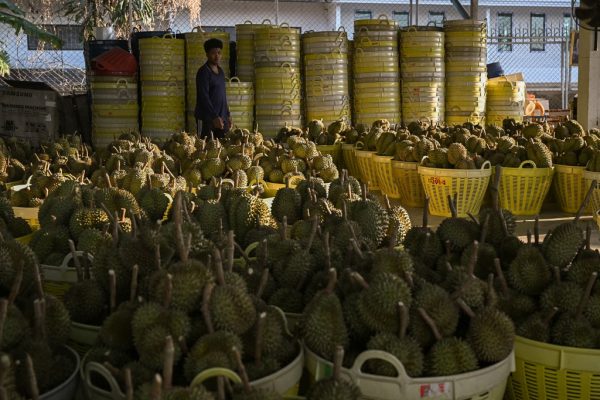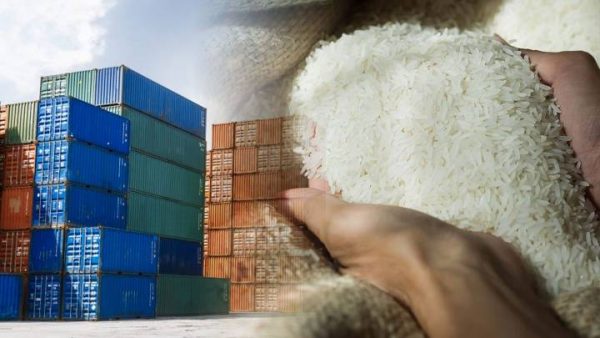Water resource management is needed to ensure supplies for industry : PM

The government is giving more importance to water resource management than to the high-speed train project, to ensure that there is sufficient water to meet the demands of the industrial sector, especially in the eastern region, said PM Srettha Thavisin on Friday.
Water resource management must be improved, to convince investors that there is a sufficient supply for the industrial sector, adding that he has been told by industrialists, who have factories in the eastern region, about their concern that there may not be sufficient water in April next year.
He also said that he has instructed the Irrigation Department to look at the water problem in the eastern provinces, the site of Thailand’s Eastern Economic Corridor (EEC), to make sure that there is a sufficient supply, adding that, when he or other ministers are abroad on “road show” trips to promote investment in Thailand, there must be no press reports of water shortages.
Giving a speech on the “Next Chapter Thailand” today, the prime minister said he would like to see Thailand achieve food security and be the world’s leader in food production. Water is a key element in agricultural and industrial production.
Regarding the debt moratorium for farmers, the prime minister said that does not want this measure to be repeated ad infinitum, pointing out that a similar measure has been introduced 13 times in the past nine years, yet many farmers still remain heavily in debt and poor.
He said, however, that his government’s 12-month debt moratorium for about two million farmers, who have incurred no more than 300,000 baht each in debt to the Bank of Agriculture and Agricultural Cooperatives (BAAC), is necessary as a temporary respite, adding that, in the future, other measures will be introduced to improve the productivity of farmers.
The prime minister also made clear that his government will not intervene to guarantee the prices of farm produce or introduce rice pledging scheme, unless there is a devastating disaster, causing extensive damage to crops or farm produce.






